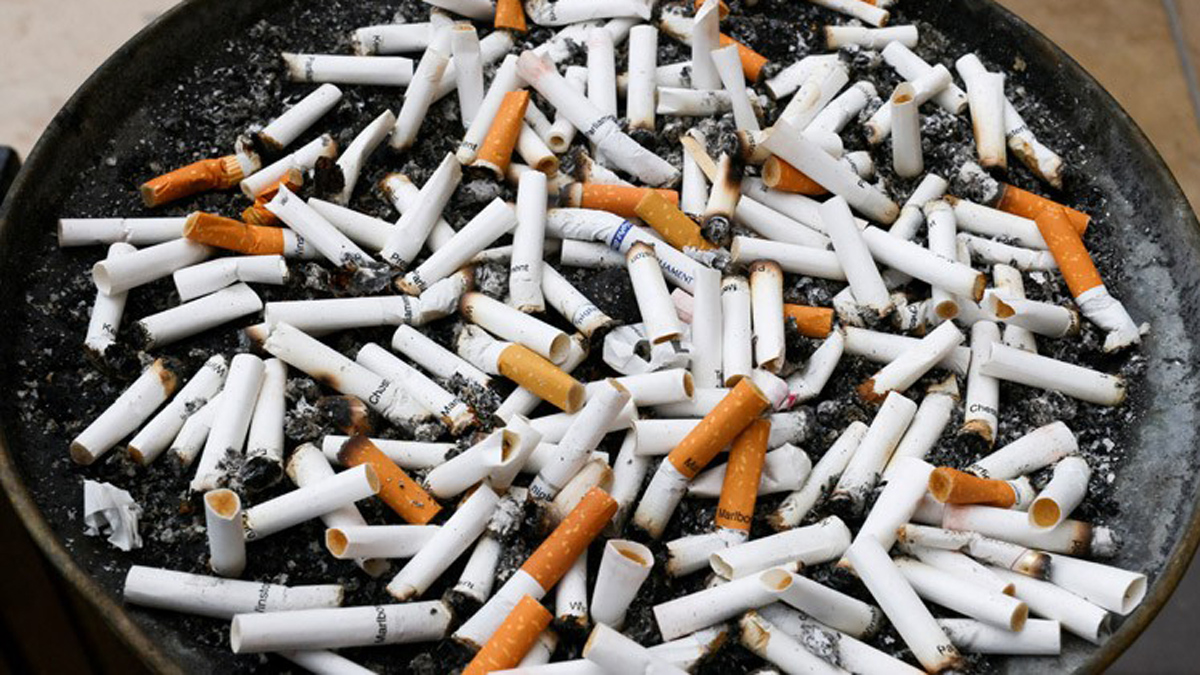Second-hand smoke exposure claims thousands of lives annually, making smoke-free public places a critical component of community wellness. The alarming reality is that tobacco smoke, laced with over 7,000 chemicals--69 of which are carcinogenic- poses severe health risks to nonsmokers, particularly vulnerable populations like children, pregnant women and the elderly.
A recent poll conducted by 'Tobacco Free India' revealed that 92.72 per cent of Indian citizens favour completely smoke-free public places, including airports, luxury restaurants and hotels.
ALSO READ | Tobacco ban for youth could prevent 1.2 million lung cancer deaths: Study
Vapes aren’t a safer alternative to tobacco—they’re just the first step toward addiction. Don’t be fooled by the smoke and mirrors; vaping can lead to serious health risks and long-term dependence. 🚭 Choose health over addiction!
— Ministry of Health (@MoHFW_INDIA) October 15, 2024
.
.#PECA2019#QuitVaping#SayNoToTobacco pic.twitter.com/roJKDFbzEb
Over 65,000 participants took part in the poll, which was conducted in both Hindi and English. The poll was conducted between October 2-19 on X.
The poll included six key questions about smoke-free public places and health risks associated with second-hand smoke.
The majority of the participants supported stricter measures to protect women, children and vulnerable groups from exposure to tobacco smoke in public places.
While the Cigarettes and Other Tobacco Products Act (COTPA) 2003 bans smoking in public places, it still permits designated smoking areas in airports, hotels with 30 or more rooms, and restaurants with seating capacities above 30," said Dr Uma Kumar, head of the rheumatology department at the All India Institute of Medical Sciences (AIIMS), Delhi.
Scientific evidence has unequivocally demonstrated that second-hand smoke can easily penetrate these designated areas, exposing non-smokers to harmful toxins, Kumar added.
Between 83 per cent to 98 per cent of respondents favoured smoke-free environments in different settings.
The Ministry of Health and Family Welfare has proposed amendments to COTPA to remove smoking zones altogether. The Centre has also launched Tobacco-Free Youth Campaign 2.0, which aims to protect young Indians from the hazards of tobacco.
According to the World Health Organisation, about 1.3 million Indians die every year due to tobacco-related diseases.
A recent study published in the Journal of Nicotine and Tobacco Research revealed that second-hand smoke causes healthcare costs Rs 567 billion annually.


